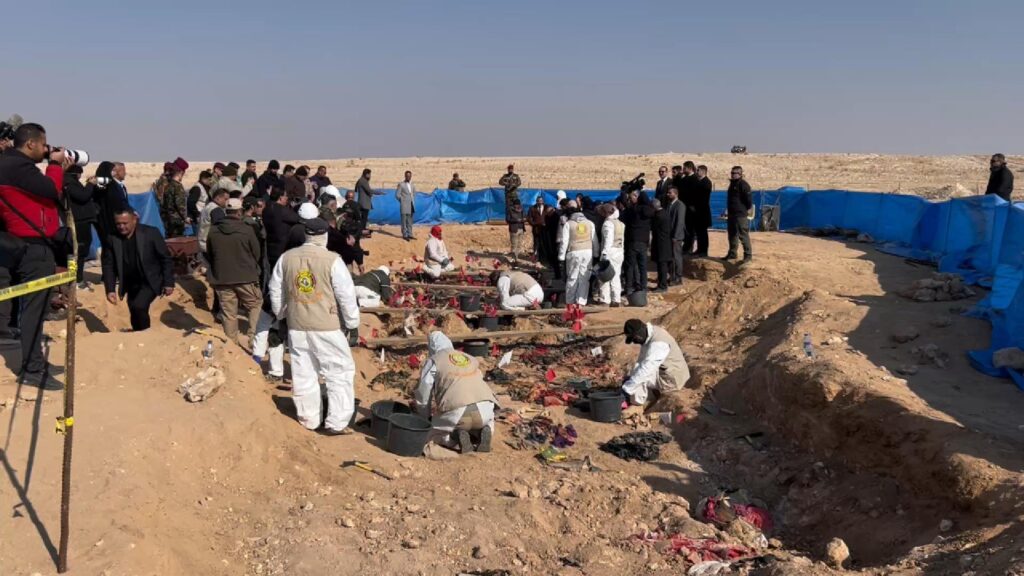US, Turkey tell each other to choose: NATO or not

“Turkey must choose. Does it want to remain a critical partner in the most successful military alliance in history or does it want to risk the security of that partnership by making such reckless decisions that undermine our alliance?” US Vice President Mike Pence said at a NATO event in Washington where the military alliance is celebrating their 70th anniversary.
Pence was referring to Turkey’s decision to purchase the Russian-made S-400 missile defence system. The United States has argued that Ankara’s purchase could expose NATO to potential security risks. This week, Washington announced it was halting deliveries of F-35 fighter jets to Turkey until Ankara walked back on its deal with Moscow.
In Washington, Turkish Foreign Minister Mevlut Cavusoglu repeated his government’s stance that the purchase of the S-400 is a “done deal,” but sought to reassure allies that it will not pose a threat to the military alliance.
“This system will not see any NATO system, including F-35s,” he said, Anadolu Agency reported.
"We don't see our relations with Russia as an alternative to our relations with others. And nobody, neither the West nor Russia, should or can ask us to choose between,” he said.
Turkish Vice President Fuat Oktay responded on Twitter to Pence's ultimatum: “The United States must choose. Does it want to remain Turkey’s ally or risk our friendship by joining forces with terrorists to undermine its NATO ally’s defense against its enemies?”
The “terrorists” Oktay accused the US of backing are armed Kurdish groups in Syria. The People’s Protection Units (YPG) are the backbone of the global war against ISIS in northern Syria. The United States and coalition allies have armed, trained, and fought alongside the YPG and the umbrella Syrian Democratic Forces (SDF), defeating the so-called ISIS caliphate.
Ankara considers the YPG a branch of the Kurdistan Workers’ Party (PKK) and a terror organization. The YPG denies the charge.
The United States is withdrawing most of its troops from northern Syria, leaving 400 soldiers behind. Washington and Ankara are trying to work out an agreement that will alleviate Turkey’s security concerns along its border with northern Syria and protect America’s Kurdish allies from a threatened Turkish military offensive. They have floated the idea of a safe zone, though they have offered few details about what that would look like and who would monitor it.
Cavusoglu was asked if he understood US policy in Syria. “No, and this is the problem,” he replied, AFP reported.
Turkish President Recep Tayyip Erdogan will travel to Moscow on Monday to meet his Russian counterpart Vladimir Putin.

